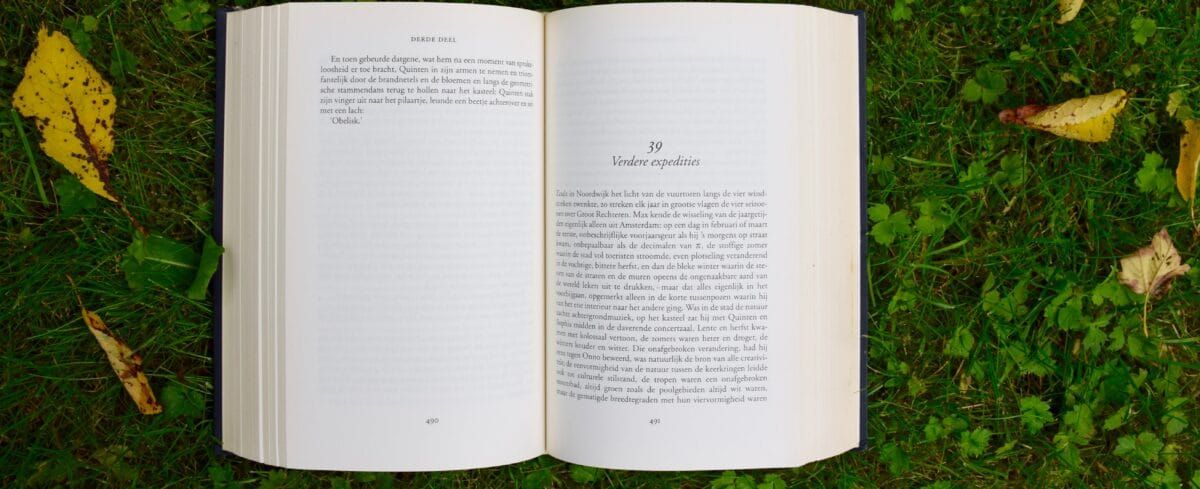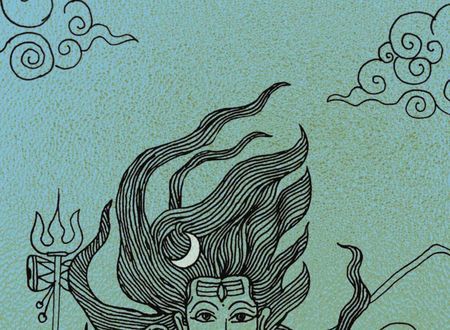You are busy and have no time to read books.
I understand that. You nevertheless want to start a reading habit. I get that as well.
I have the perfect solution to flex your reading muscles.
Start by reading short books.
The average book has 250 odd pages, which is a good few hours’ worths of reading. It will be on the higher side especially since your reading muscles haven’t been exercised regularly.
Here are 5 books that have fewer than 200 pages to get you up and running in your reading journey.
- Anything You Want by Derek Sivers
Number of Pages: 77Derek Sivers ran a successful company called CD Baby. The way he started his company, how he went about running the company, and even his raison d’être for starting his company is different from conventional wisdom. He’s outlined his journey in this book. I’ve written a review of Anything You Want here. Sivers has made this book available free here. - Animal Farm by George Orwell
Number of Pages: 112Why should humans control a farm? What happens if animals took charge of their own lives? That would solve the problem of humans exploiting animals for their selfish needs.Or would it?
- Siddhartha by Hermann Hesse
Number of Pages: 152This short novel by German writer Herman Hesse is about a boy Siddhartha who intends to search for the Ultimate Truth. Along the way, he takes a detour and voluntarily gets caught in the mire of samsara. Does he languish in samsara? Or does he get his act together?Siddhartha is a book that Swamiji has recommended (in a Swaminar session and the Creative Writing course). A poignant read.
- Steal Like an Artist by Austin Kleon
Number of Pages: 160
All creative work builds on what came before. Nothing is completely original. – Austin Kleon
Everyone borrows from others in their writings, whether it be books or online articles. Scratch that. Everyone steals from others. However, there is stealing and there is stealing. Austin Kleon convincingly makes this point in Steal Like an Artist. He demonstrates the proper way to get material from other sources in his book.
With all this talk of stealing, I know what you must be thinking now. Isn’t stealing bad? Haven’t we been taught that plagiarism is as bad or worse than the seven deadly sins?
Plagiarism is indeed a no-no. When “stealing” from others, we do so by properly attributing them and giving them appropriate credit. Using someone else’s words without giving attributing credit is a cardinal offence in writing. Here are Austin Kleon’s words on plagiarism vs copying:
Plagiarism is trying to pass someone else’s work off as your own. Copying is about reverse engineering. It’s like a mechanic taking apart a car to see how it works.
Here’s another quote to bring the discussion on “stealing like an expert” to a logical close.
Everything that needs to be said has already been said. But, since no one was listening, everything must be said again. – French writer André Gide
- The War of Art by Steven Pressfield
Number of Pages: 192You have the next amazing project in mind. It could be writing a book. Or creating the next killer app that changes the world. You cannot control your excitement about how you will blow people’s minds with your product.Fast forward 6 months. You have made zero progress.
You have a list of 20 excuses why you haven’t made progress. Steven Pressfield sums them all up in one word: resistance.
Resistance is a real entity. We must understand it and accept it before we deal with it. And Pressfield helps with this in The War of Art. If you haven’t read Swamiji’s must-read post on resistance, do check it out.
- Bonus book: The Flinch by Julien Smith
Number of Pages: 38
This book is only 38 pages long. Don’t let that fool you. This book contains some powerful ideas that are life-transforming.You have the next amazing project in mind. It could be writing a book. Or creating the next killer app that changes the world. You cannot control your excitement about how you will blow people’s minds with your product.Fast forward 6 months. You have made zero progress.
Sound familiar? What Steven Pressfield calls the resistance, Julien Smith calls the flinch. More relevantly, Smith gives five actionable exercises (he calls them homework assignments) to help tame the flinch.
The first exercise is to take a cold shower. Most of us who take a hot shower know that a cold shower is better for our body. However, the idea of the cold shower makes us flinch and we revert to the comfort of the hot shower. Smith exhorts us to face the flinch of the cold shower.
Check out this superb book to read more about the flinch and to check out the other exercises. You can find this book here.
You wouldn’t start an intense workout session without warming up first, would you? These 5 books serve as great warm-up choices before you start your heavy-lifting reading.
Image Credit: Annelies Geneyn from Unsplash









Comments & Discussion
70 COMMENTS
Please login to read members' comments and participate in the discussion.